1-in-4 Older Adults Have Not Discussed Advance Care Planning
More than one in four older adults have not engaged in planning for end-of-life care or directives, despite significant public efforts to encourage the practice.

University of California San Francisco
Give to UCSFMore than one in four older adults have not engaged in planning for end-of-life care or directives, despite significant public efforts to encourage the practice.

A microscopic image of a mouse leg that has been reconstructed with a stem cell transplant shows what may one day help patients regrow new muscle after a major surgery.


Researchers at UCSF and the academically affiliated Gladstone Institutes have used a newly developed gene-editing system to find gene mutations that make human immune cells resistant to HIV infection.

UCSF has ranked as one of the top 20 universities in the world, according to the 2017 Best Global Universities rankings released Tuesday by U.S. News & World Report.

A team of researchers led by UCSF scientists has identified a new drug target for triple-negative breast cancer.
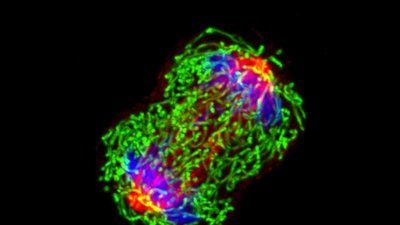
Research led by UCSF scientists has revealed that mutations in a gene linked with brain development may dispose people to multiple forms of psychiatric disease by changing the way brain cells communicate.

UCSF researchers found in autopsy tissue samples of patients treated with antiretrovirals that the virus evolved and migrated among tissues similar to the way it did in patients who had never received antiretroviral treatment.
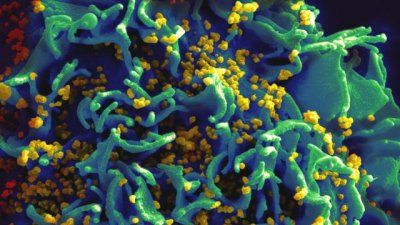
A study of patient electronic medical records and genome sequences from adults with age-related hearing impairment, identified two genetic variations linked to the hearing disorder.

The nation’s top pediatric specialists from UCSF Benioff Children’s Hospital San Francisco will present new clinical findings and fresh perspectives at the annual conference of the American Academy of Pediatrics.

Postdoctoral scholar Audrey O’Neill captured 16 hours of video as part of her work that aims to understand what molecular steps cause cells to self-segregate.


UCSF is helping to launch a landmark effort by the NIH to engage 1 million U.S. participants in research aimed at preventing and treating disease based on individual differences in lifestyle, environment and genetics.

Researchers at UCSF have discovered a previously unknown mass migration of inhibitory neurons into the brain’s frontal cortex during the first few months after birth.

Lenore Pereira, a virologist and professor in School of Dentistry’s Department of Cell and Tissue Biology, is in the middle of crucial research to understand how the mosquito-borne Zika virus harms the babies of women infected during pregnancy.

Using a mouse model of multiple sclerosis, UCSF scientists demonstrated that regenerating myelin can both protect neurons from damage and restore lost function.

Years of research have shown that trauma and adverse events in childhood can put a person at an elevated risk for a wide range of physical and mental health problems across their life span. But the scope and significance of that impact – and how to reverse it – is just beginning to come into focus.

Major childhood psychological and social stressors, increase the odds of shorter telomere length in adulthood, according to a study led by researchers at UC San Francisco.

The UCSF Helen Diller Family Comprehensive Cancer Center is one of only 12 academic centers in the U.S. joining a large national precision medicine study that aims to improve survival for pancreatic cancer patients.
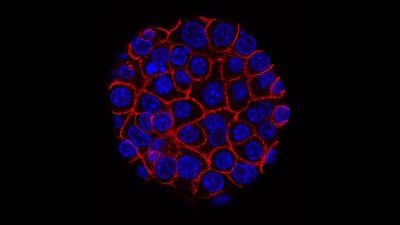
UCSF scientists have engineered human immune cells that can precisely locate diseased cells anywhere in the body and execute a wide range of customizable responses, including the delivery of drugs or other therapeutic payloads directly to tumors or other unhealthy tissues.
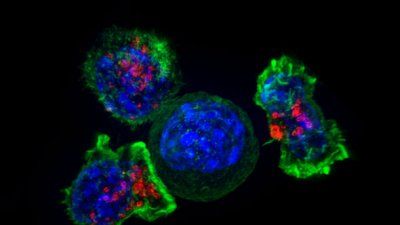
Persistent poverty in young adulthood and midlife may elevate one’s risk for lower cognitive function by age 50.

A new analysis of marijuana legislation offers a framework for states that are considering legalizing the drug and want to protect public health, rather than corporate profits.

Jin Kim, a postdoctoral scholar at UCSF, won the inaugural Postdoc Slam competition for her talk titled “Promoting Smoking Cessation by Addressing Food Insecurity.”

The National Science Foundation has awarded $24 million over five years for a new ‘blue-sky’ bioengineering center based at UCSF.

Ten years after Shinya Yamanaka published his Nobel Prize-winning discovery of induced pluripotent stem cells, there's been rapid progress in some areas and major challenges in others.

Chronic pain and loss of bladder control are among the most devastating consequences of spinal cord injury.
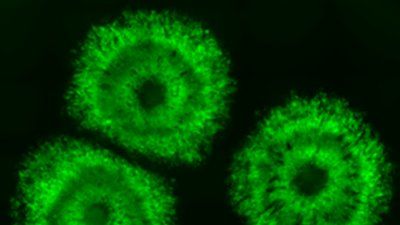
A new study by UCSF researchers found that even moderate alcohol consumption may change the structure of the heart in ways that increase the risk of atrial fibrillation.

UCSF, Stanford and UC Berkeley will join forces in a new biomedical science research center funded by a $600 million commitment from Facebook CEO and founder Mark Zuckerberg and pediatrician Priscilla Chan.
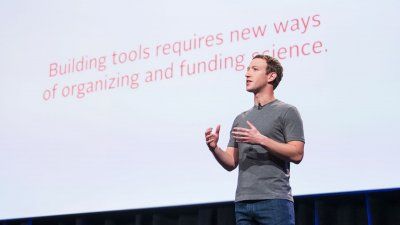
Joe DeRisi, co-director of the new Chan Zuckerberg Biohub at Mission Bay, speaks about his vision for the Biohub and what researchers can look forward to.
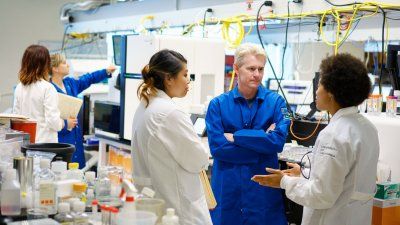
A digital assessment platform designed to look and feel like a video game may successfully flag children with attention disorders.
